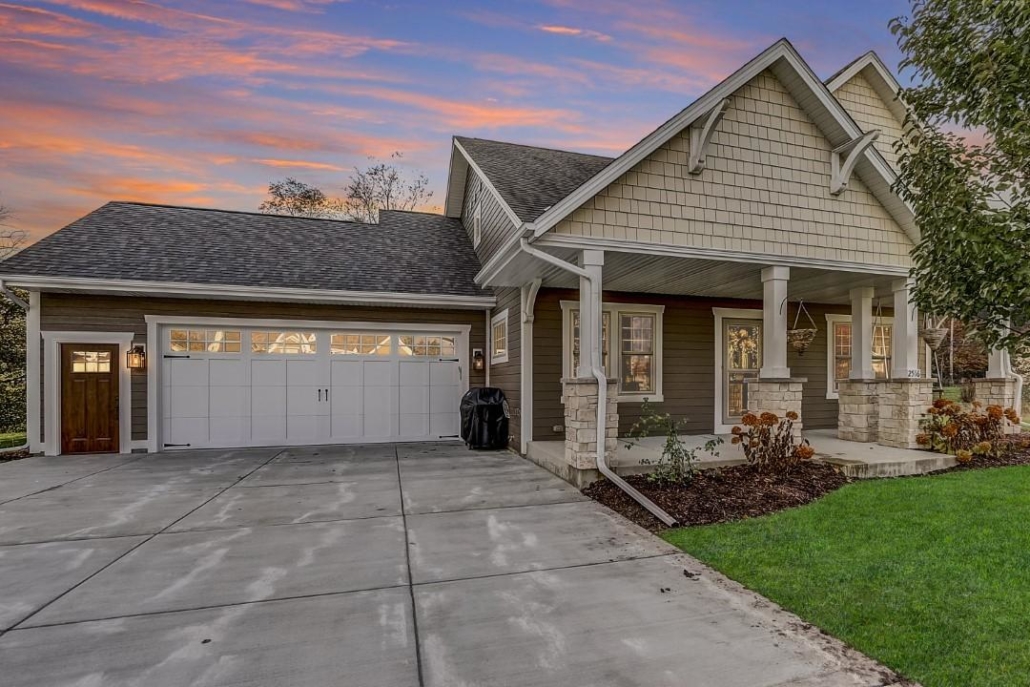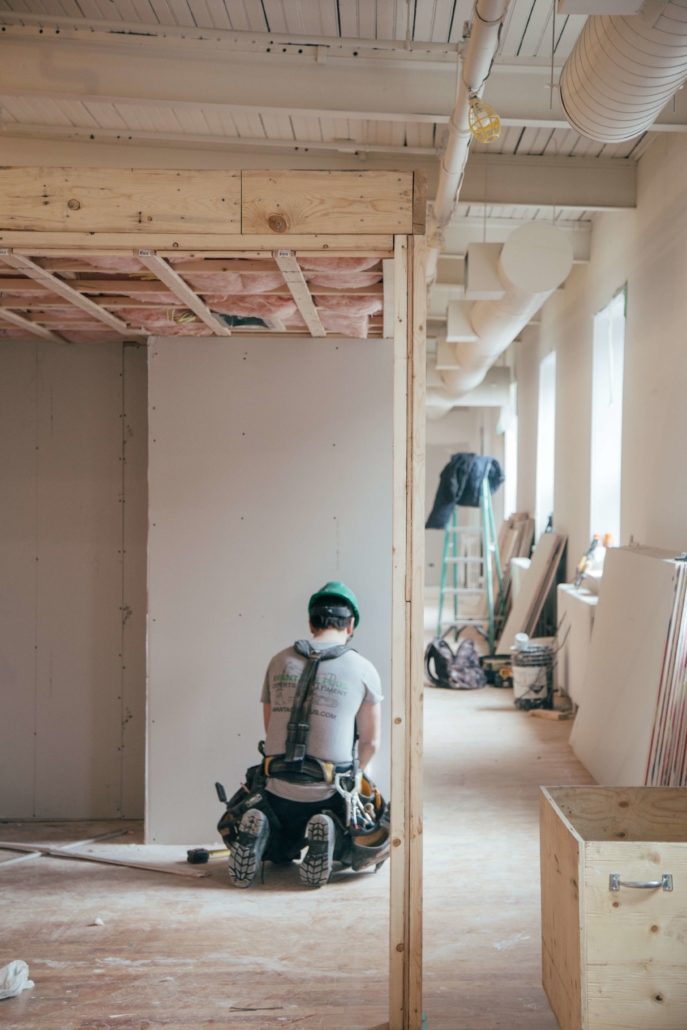Home Improvement List: Order of Operations
A leaking roof, a sinking foundation — these issues are about as urgent as a house fire. Hopefully you never have to encounter such problems as a homeowner. But when it comes to the smaller things, where should your priorities lie? What fixes should happen first? Where should you focus your attention when nothing is *that* wrong?
The answers lie straight ahead. We’ve got the rundown, renovation order of operations that you’re looking for.
Know Before You Buy

Before buying a house, a home inspection should tell you exactly where some of the problem areas lie.
Keep a running record or write in a calendar when you’ll need to fix these issues. Make sure you address the issues before they truly become a problem. For example, if the water heater is 6 years old, know that you have between 2 to 6 years left before you’ll need to replace it. You can start budgeting for these fixes now instead of getting slammed with financial surprises later.
General Replacement Timeline

Wondering how often you need to repaint the walls or when to repoint your brick? Let this renovation table serve as a guide:
| Home Task | Redo or Replace Every… |
| Painting walls | 5-7 years |
| Painting home exterior | 5-10 years |
| Tuckpoint or repoint brick | 25-50 years, more often in wetter climates |
| Repipe plumbing | Copper pipes: 70-80 years Brass & steel pipes: 80-100 years |
| Redo insulation | 80 years |
| Replace vinyl siding | 40 years |
| Replace roof | 20-30 years |
Here’s another guide on when to replace basic appliances (assuming that your appliance doesn’t die and need replacing sooner).
| Home Appliance | Life Expectancy |
| Water heater | 10-15 years, 15-20 years if tankless |
| Dishwasher | 7-12 years |
| Oven | 15 years |
| Refrigerator | 14-20 years |
| Washer and dryer | 12-18 years (dryers usually last longer) |
Aesthetic Changes

What if you just want to redo some things around your house, solely for aesthetic purposes?
While you can technically replace certain things whenever, you should try to time things around other changes. For the sake of color coordinating, for example, you might want to hold off on updating kitchen fixtures until you need new appliances.
That being said, if you’re up to date on your home improvement list, nothing major needs replacing, and you’re hankering to finally add some backsplash and update your shower, go for it! Aesthetic changes add a ton to your home’s value — sometimes they are just as important as functional changes.
How to Keep Track
Keeping track of your home’s changes and renovations is critical. Not only does it remind you of when things were replaced or renovated, but it also helps inform future buyers and get the best value for your home.
One of the best ways to keep track is to create a spreadsheet documenting changes. It’s also a good idea to keep receipts or reports as well. However, you can make tracking changes into a fun project: for those with huge renovations underway, a scrapbook is a great way to show off your hard work!
Feeling inspired to make your home the very best? Want to start buying and flipping houses? Proud of your home’s progress but feeling ready to sell and start anew? Work with RealtyHive! From buying to selling, our time-limited events can do it all.




























